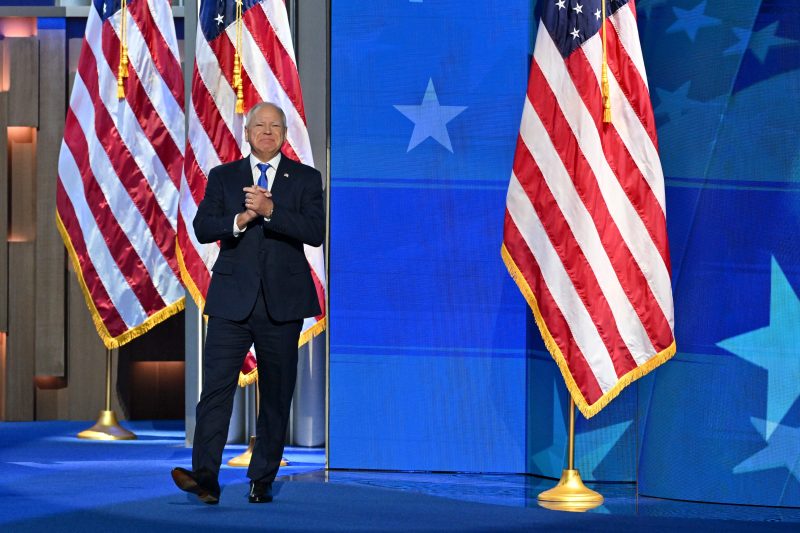In the realm of global politics, the rise of China as a dominant power has had far-reaching implications for both domestic and international affairs. This shift in power dynamics has not gone unnoticed by political candidates, who increasingly use China’s growing influence as a point of contention and critique. As candidates seek to distinguish themselves and attract voters, they often turn to China’s rise as a way to highlight their own positions on key issues such as trade, national security, and human rights.
One of the primary areas where candidates utilize China’s power as an attack line is in the realm of trade. China’s rapid economic expansion has allowed it to become a major player in the global market, leading to concerns about unfair trade practices and the impact on domestic industries. Candidates frequently draw attention to these issues, criticizing opponents for being too soft on China or for failing to address the negative consequences of trade imbalances. By framing their stance on trade in relation to China, candidates can appeal to voters who are concerned about the economic implications of China’s rise.
National security is another key battleground where candidates leverage China’s power as a point of attack. As China asserts itself more aggressively in regional disputes and expands its military capabilities, candidates use this as a way to question opponents’ commitment to national defense. By highlighting the potential threats posed by China’s growing influence, candidates can position themselves as strong on security issues and better equipped to protect the country’s interests. This rhetoric often plays to fears of China as a strategic rival and underscores candidates’ willingness to stand up to perceived threats.
Beyond economic and security concerns, candidates also use China’s rise to raise questions about human rights and values. China’s record on issues such as censorship, repression, and human rights abuses provides a fertile ground for candidates to criticize opponents’ stance on these fundamental principles. By calling attention to China’s violations of human rights, candidates can position themselves as defenders of democracy and freedom, contrasting their values with what they perceive as the authoritarianism of the Chinese government. This moral high ground can be a powerful tool in appealing to voters who prioritize human rights and ethical governance.
In conclusion, as China’s power continues to grow on the global stage, political candidates have increasingly turned to it as a potent attack line in their campaigns. By focusing on trade imbalances, national security threats, and human rights abuses associated with China’s rise, candidates can differentiate themselves from opponents and appeal to voters on key issues. As the competition for political power intensifies, we can expect to see China’s influence remain a central theme in campaign rhetoric, shaping the debates and priorities of candidates seeking to secure electoral success.


























